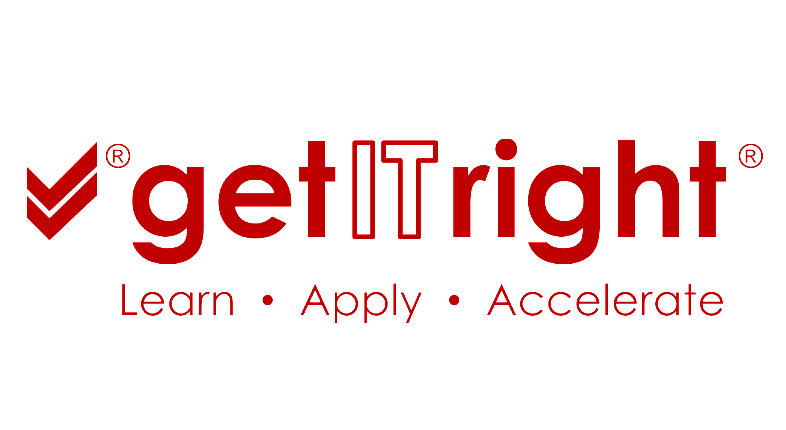Technology’s contribution
Every industrial revolution was driven by access to new technologies, opening up new doors and making things possible that was previously only dreams!
The Fourth Industrial Revolution is the fusion of the digital, biological, and physical worlds. It blurs old technological distinctions and fields of science. It is fuelled by the growing utilisation of new technologies such as artificial intelligence, cloud computing, robotics, additive manufacturing, bio-science, the Internet of Things (IoT), and advanced wireless technologies, among others.
Dominant technologies in this context, are those that turn old rules on its head. They enable a significant shift in possibilities both in the world of production and consumption. They tend to rapidly re-write the established business wisdom and make a mockery of decades-old principles and models – in short; they are game-changers.
Technologies that can currently be considered as game-changers are:
- Cloud computing (and related technologies)
- Mobile and other pervasive connectivity services
- Personal and wearable devices
- Smart Everything (IoT)
- Robotic Process Automation
- Artificial Intelligence (AI)
- Genetics
- Bio-hacking
- Big-data Analytics
- Socialisation of connectivity
- Additive manufacturing technologies (including 3D printing)
Note: This list will continually change
The availability of these technologies ushered in a new era of economic disruption with uncertain socioeconomic and moral consequences.
Although access to these technologies brings new and exciting opportunities, the consequences of its use may also have a negative societal impact unless fundamental shifts occur in government policy, education and organisational design.
Digital Transformation (DT) is NOT about the technologies, but how organisations re-invent themselves to make the best possible use of the opportunities brought by these technologies, while making the best possible use of the unique abilities of people.
DT is about making the organisation a productive environment where the benefits of technologies and the unique abilities and talents of people can happily co-exist and augment the organisation’s ability to better serve its customers and users.
